Claudie Pomares is the heart of Sensory Enrichment Therapy

Like many heroes, Claudie’s path was shaped in childhood when she saw first hand what happens when people don’t know how to help neurological conditions. She was best friends with a boy called Simon.
Simon had Down syndrome, but Claudie did not know that at the time, they just would do everything together, but one day, he did not come to school.
She walked to their home to see if her boyfriend was okay and maybe hang out at his house instead.
But the parents explained that he was gone and would not come back. He was not dead. They had taken him to an institution.
With this early life experience and also experiences with members of her family she made it her calling to look for strategies to help people’s brains.
1940's
Animal Studies, Environmental Enrichment, Brain Plasticity
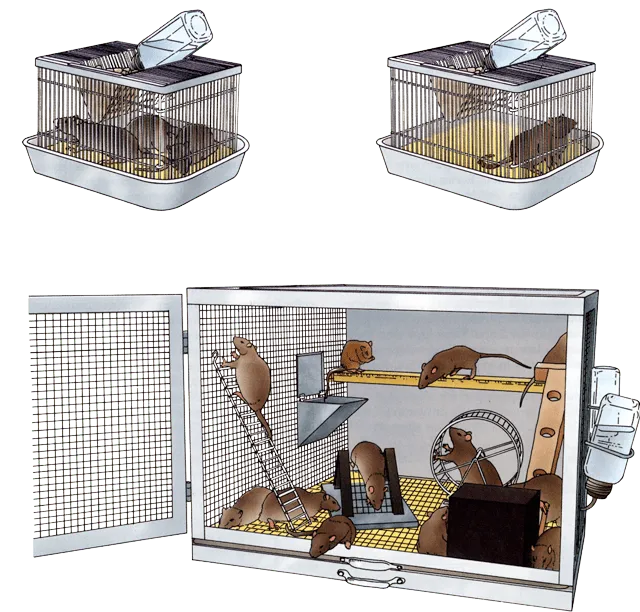
Since the late 1940’s animal studies have shown that enriching the environment leads to improvements in brain development, including Temple Grandin’s work on the “Effect of rearing environment and environmental enrichment on behavior and neural development in young pigs.” Grandin, T. Diss. University of Illinois at Urbana-Champaign, 1989.
1990's
In France, Claudie Pomares Pioneers the Creation of Sensory Enrichment Therapy
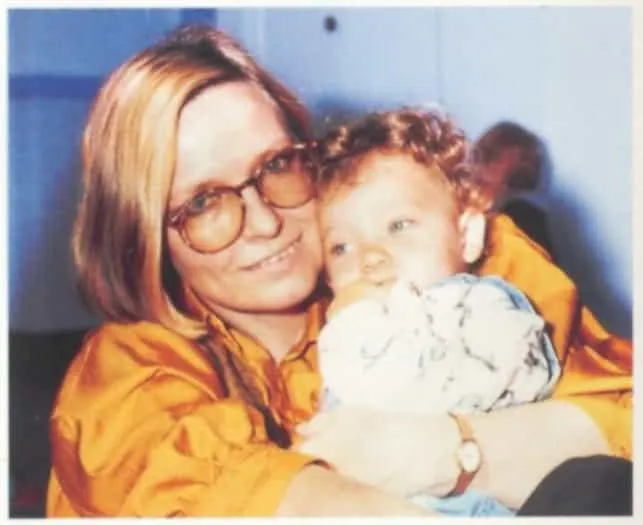
In the 1990’s, the clinician Claudie Pomares organized and adapted the protocols used in animal studies into therapeutic games that parents could do with their children.
This method of enriching the environment of children was first implemented in programs in daycares and schools in France and the success of these projects led to the first pilot program to improve conditions related to neurological dysfunctions at the Children’s Hospital in Paris.
2004
Kim Pomares Joins his Mother to Expand the Reach of Sensory Enrichment Therapy
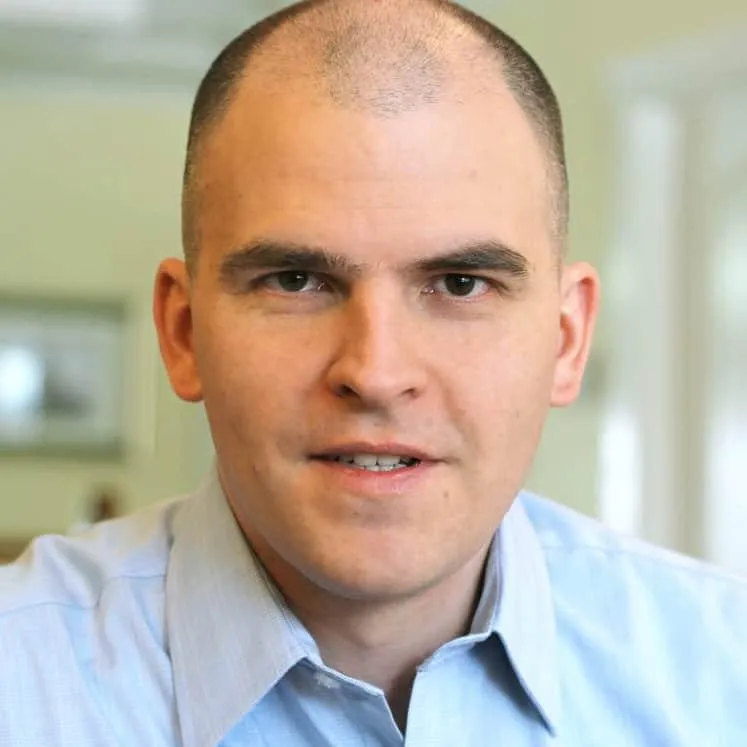
As her program of treating brain dysfunctions gains exposure, Claudie asks her son, Kim to help her manage the growth.
Kim sees that so many more people could benefit if there was a way to help duplicate Claudie somehow. The first step is to get Sensory Enrichment Therapy evaluated in randomized controlled trials.
Kim’s journey with Mendability is driven by the deep satisfaction of helping vulnerable children unlock their natural abilities, overcoming anxiety and other challenges to feel happier and more confident.
2010
Pilot Clinical Trial on Autism with Michael Leon at UC Irvine
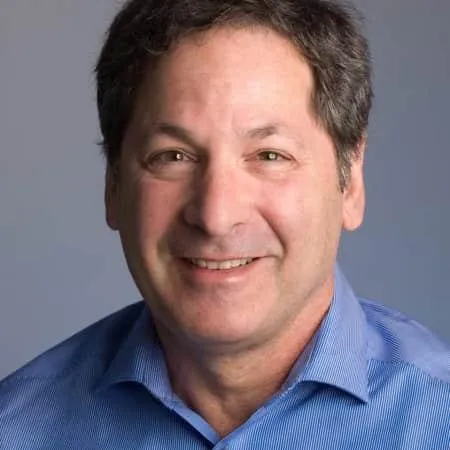
In 2010 Michael Leon, PhD, who had discovered the benefits of combining smell and touch sensory inputs, was the first to do an evaluation of the effectiveness of Sensory Enrichment Therapy
on a population of children with autism.
2011
Mendability is Founded
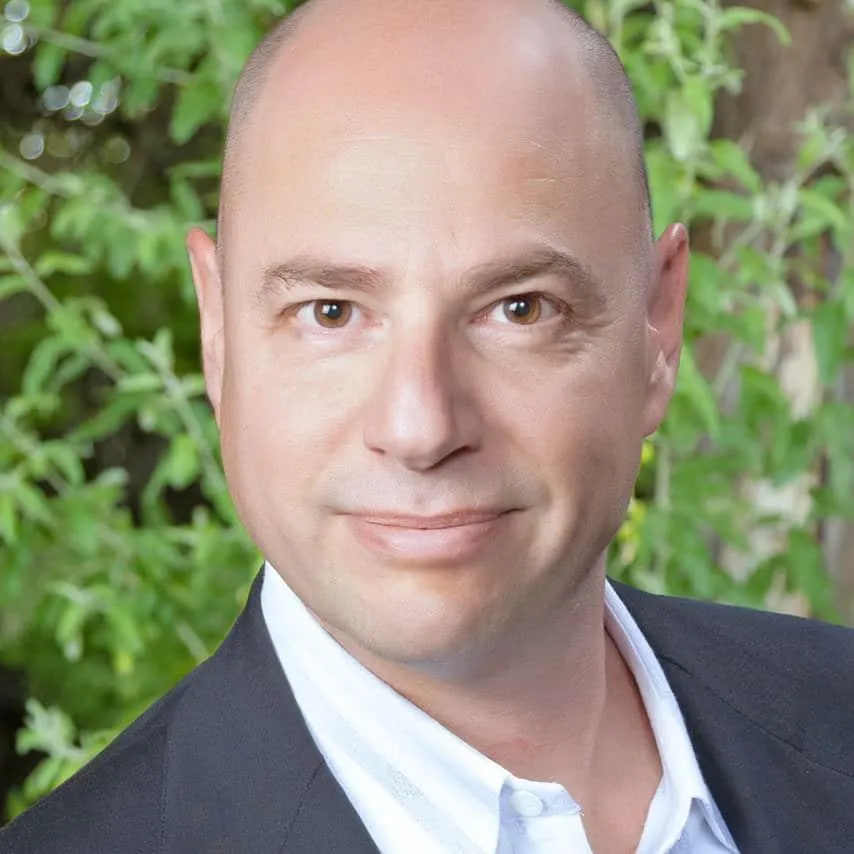
In 2011 Eyal Aronoff, an entrepreneur and philanthropist, and the father of a daughter with autism, invested in the development of
Mendability®.
Sensory Enrichment Therapy Expert System is Built
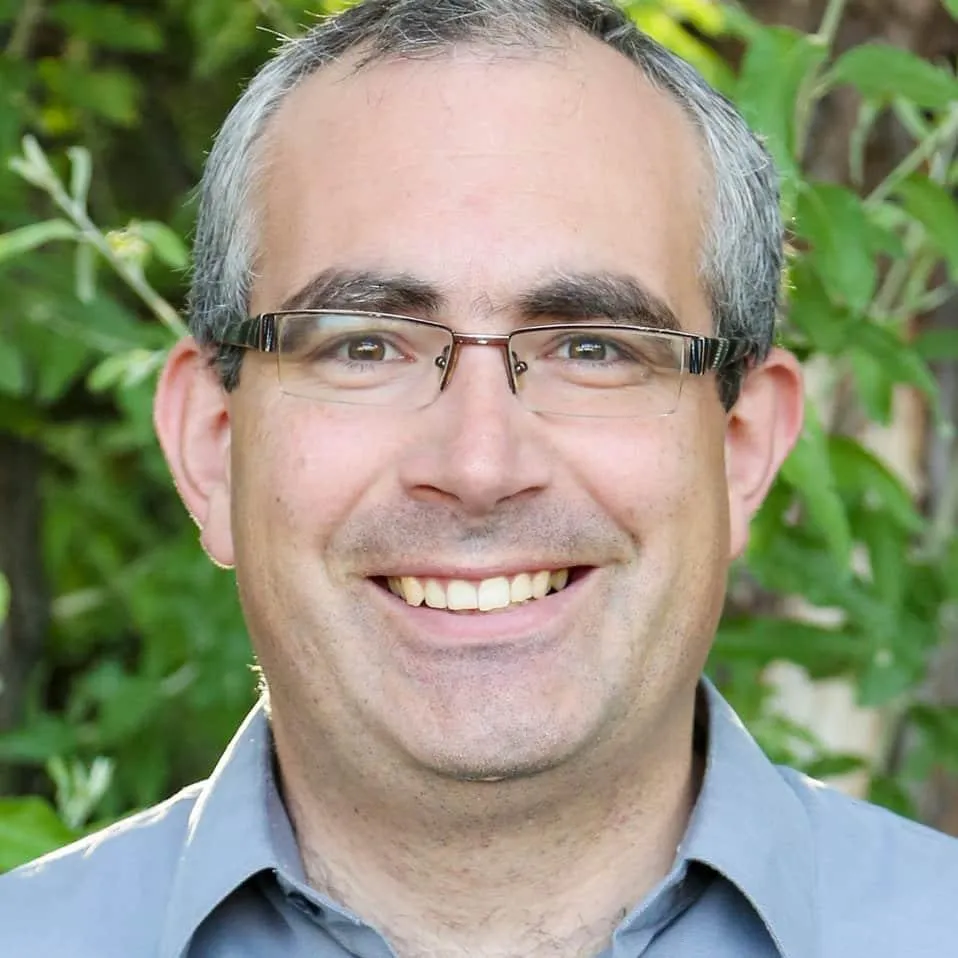
The base of Mendability is an expert system designed by automation engineer Bob Hillyer PEng, that collates all the therapy protocols used by Ms. Pomares and automates the customization of the therapy to suit age, symptoms and capabilities.
On top of that base, a web application was built to deliver the therapy over the internet.
2012
Replication Study with More Children

In 2012 Professor Michael Leon, received funding to replicate the extraordinary results of the pilot.
2013
1st Study is Published in Behavioral Neuroscience
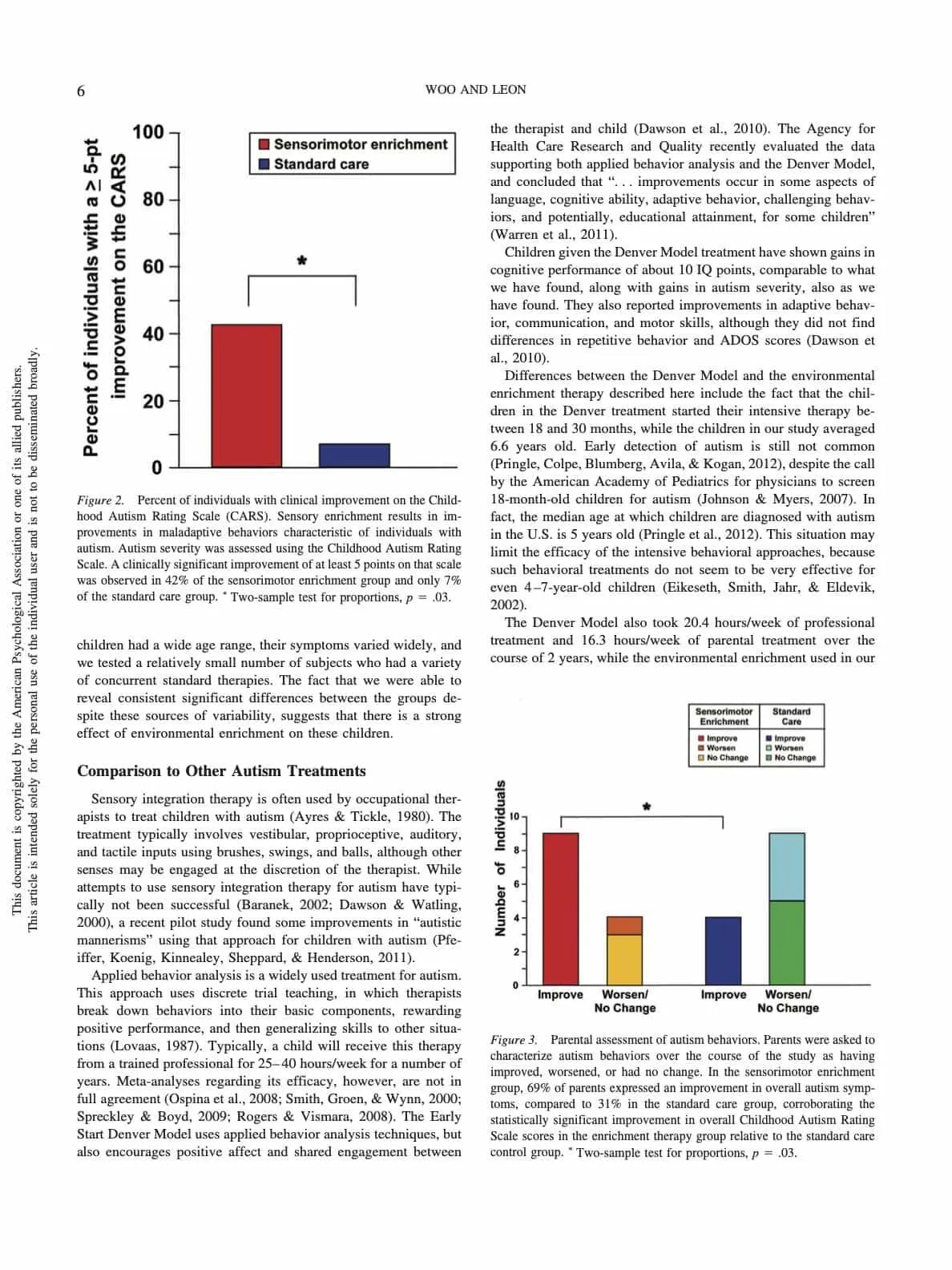
In May 2013, the results of the first randomized controlled trial are published showing after 6 months:
89% success rate,
an average increase in I.Q. of 8.y points, and
6X improvements compared to standard care on the Childhood Autism Rating Scale.
Production Release of
Patent-Pending Mendability.com Portal
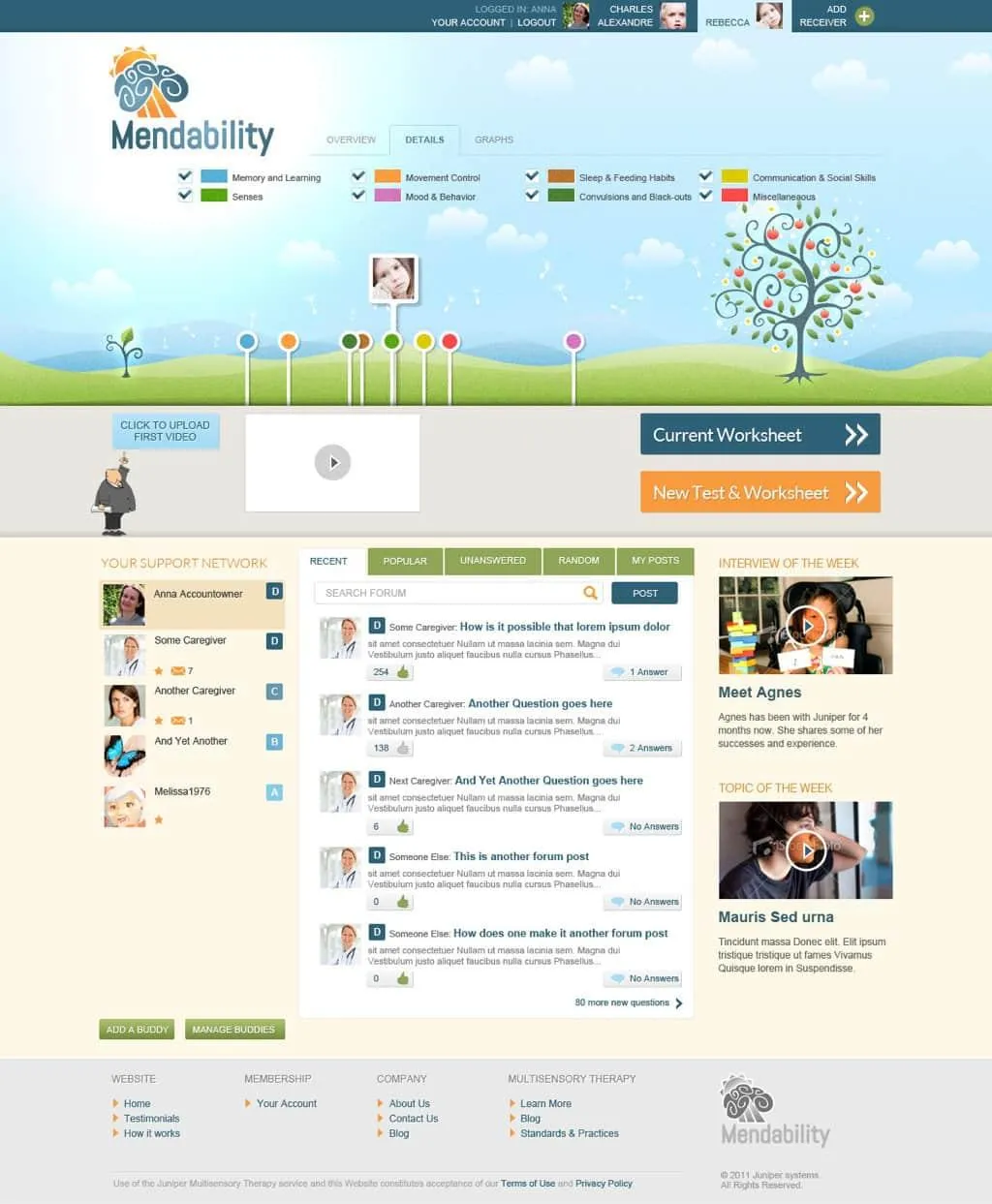
In 2013, Mendability for Autism became available to the public.
Accessible online, this easy-to-use expert system is scalable, enabling parents across the world to access our clinically proven and cost-effective therapy.
2014
DG Marquis Award for Best Neuroscience Paper
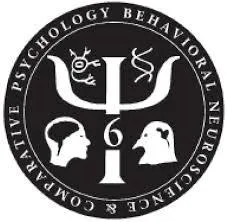
After years of fundraising for the first clinical study of Sensory Enrichment Therapy, Michael Leon's efforts and vision are recognized.
He and Cynthia Woo, PhD, who co-authored the pilot study were recognized by the Society for Behavioral Neuroscience and Comparative Psychology with the D.G. Marquis Award for best article in the journal for 2013.
Word-Class Leadership

In 2014, Rich Bohne joined Mendability as CEO. Bohne has 25 years of experience in sales and sales management in the software
industry.
He is also the father of a teenage daughter with autism.
Most recently he was the VP of Sales for the Americas at Dell Software Group through its acquisition of Quest Software. While at Quest Software he was a member of the executive team that grew the company from $35M to over $850M in revenue.
2015
Replication Study is Published in Behavioral Neuroscience
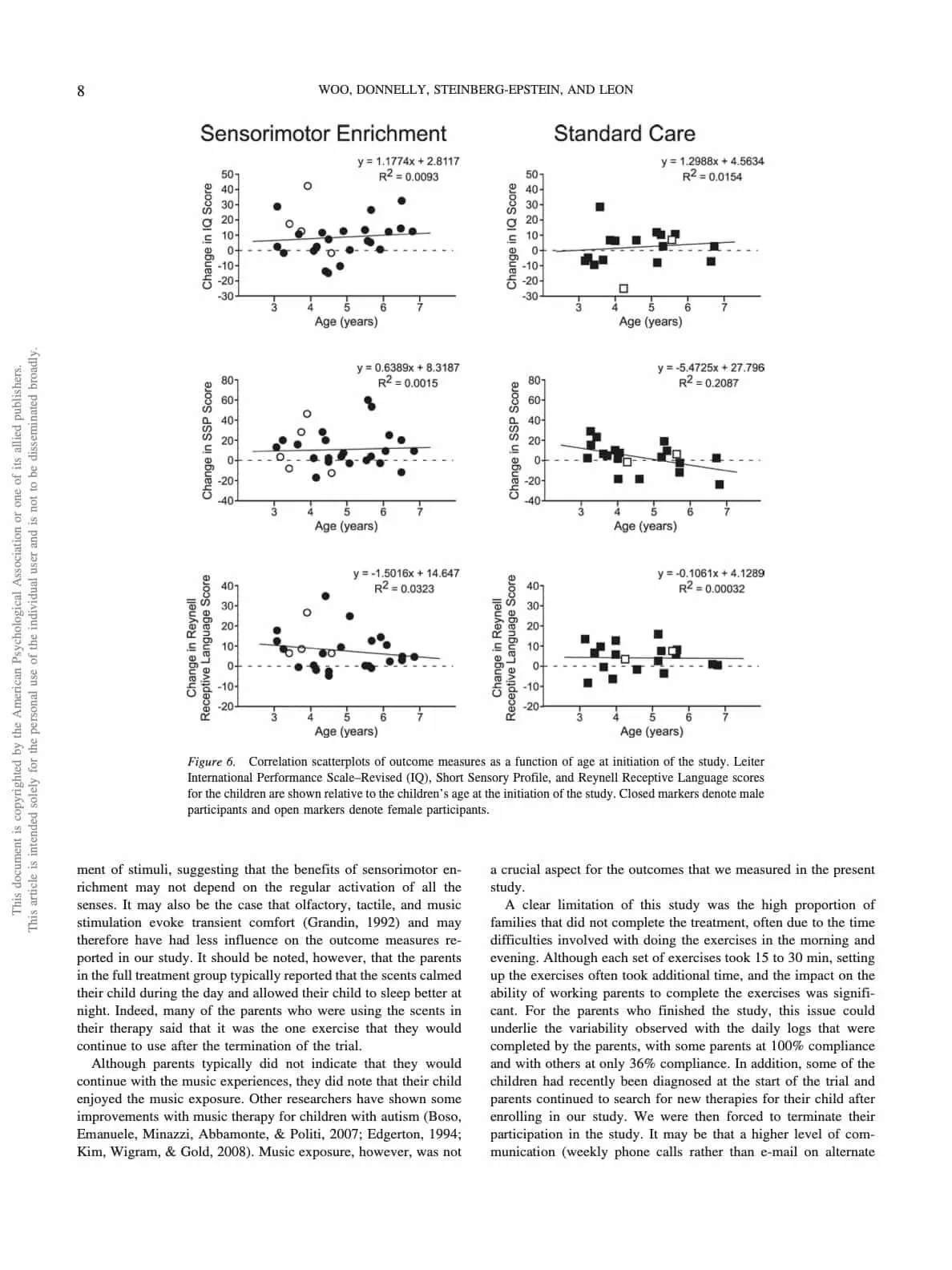
In 2015, the results of the second randomized controlled trial are published showing after 6 months:
an average increase in I.Q. of 8.5 points, and
an average improvement in the Short Sensory Profile by 11.4 points, compared to 2.9 points in the standard care group
21% children fall below the ADOS cutoff, compared to 0% in the standard care group
These results confirm the results of the first study and extend them with additional tests and more children.
2016
Study with 1,002 participants is Published in Neural Plasticity
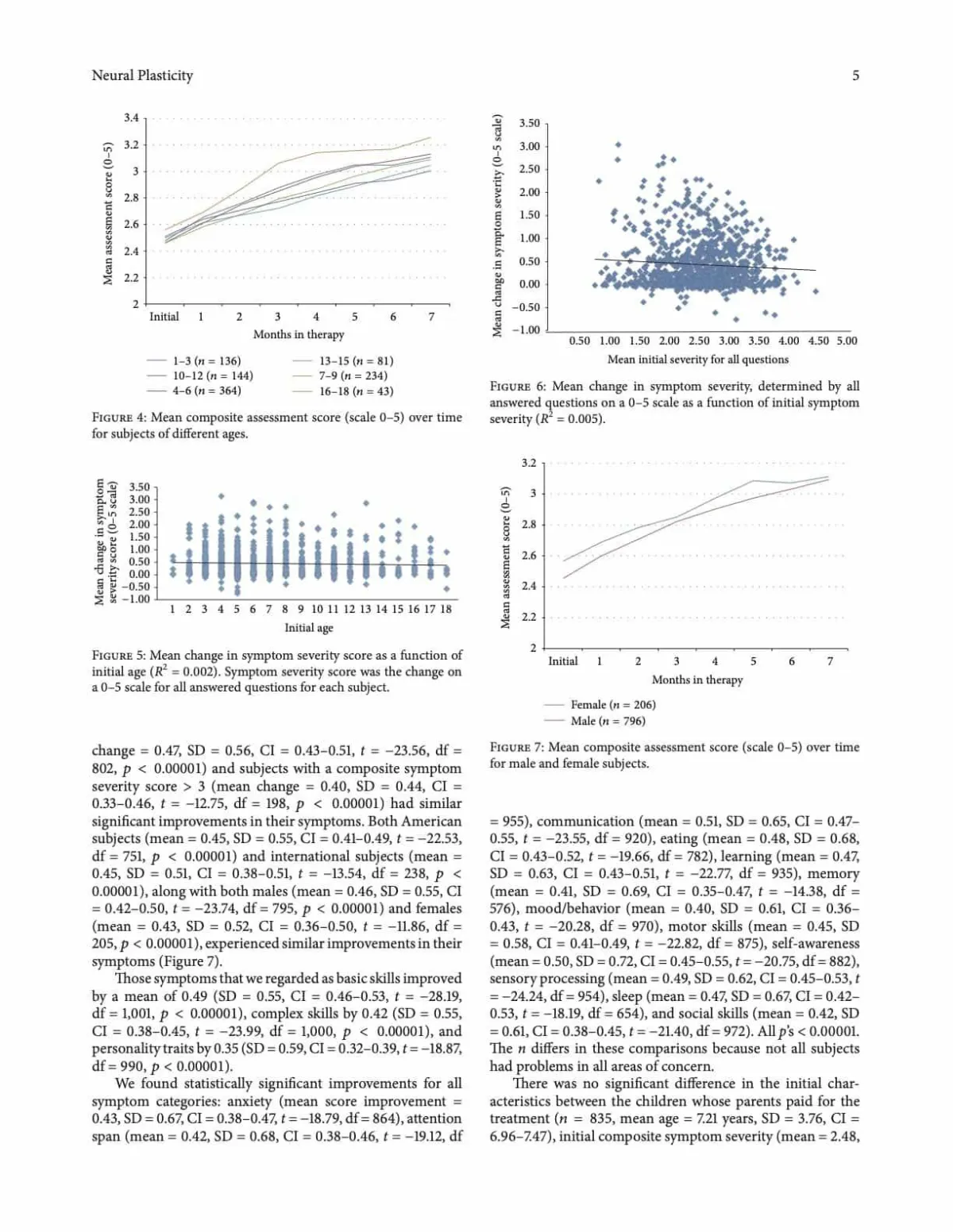
This study confirmed the results of the two studies preceding it.
With a larger sample size, it could also show that results are not affected by:
age
gender
location
initial diagnosis
severity of symptoms
2017
Development of the Professional Certification Course for Sensory Enrichment Therapy
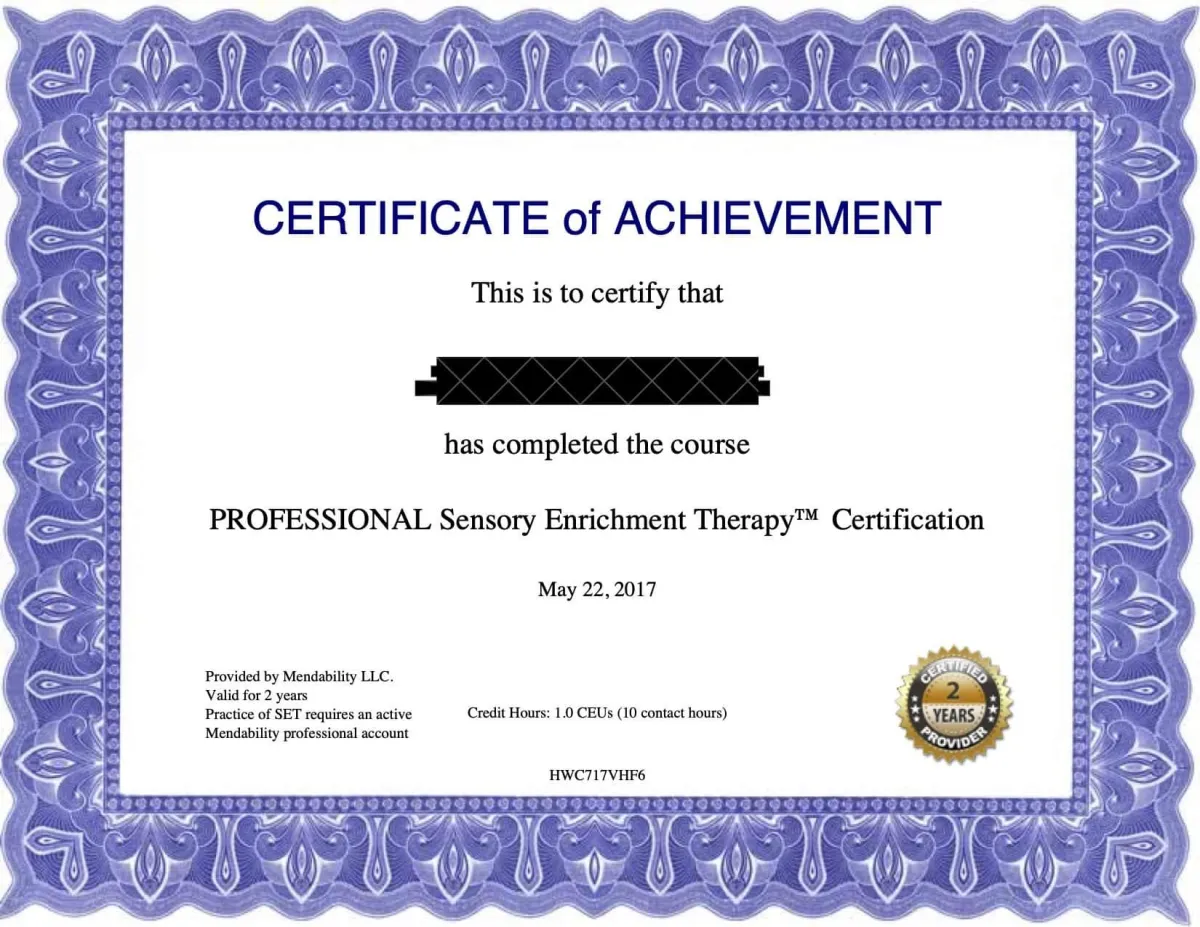
The natural next step to extend the reach of Sensory Enrichment Therapy is to multiple the number of health professionals qualified to support families as they implement the program in their homes and in their practices.
2019
Sensory Enrichment for Special Education

Schools is the next place where Sensory Enrichment Therapy can reach more children.
2021
Sensory Enrichment for Dementia
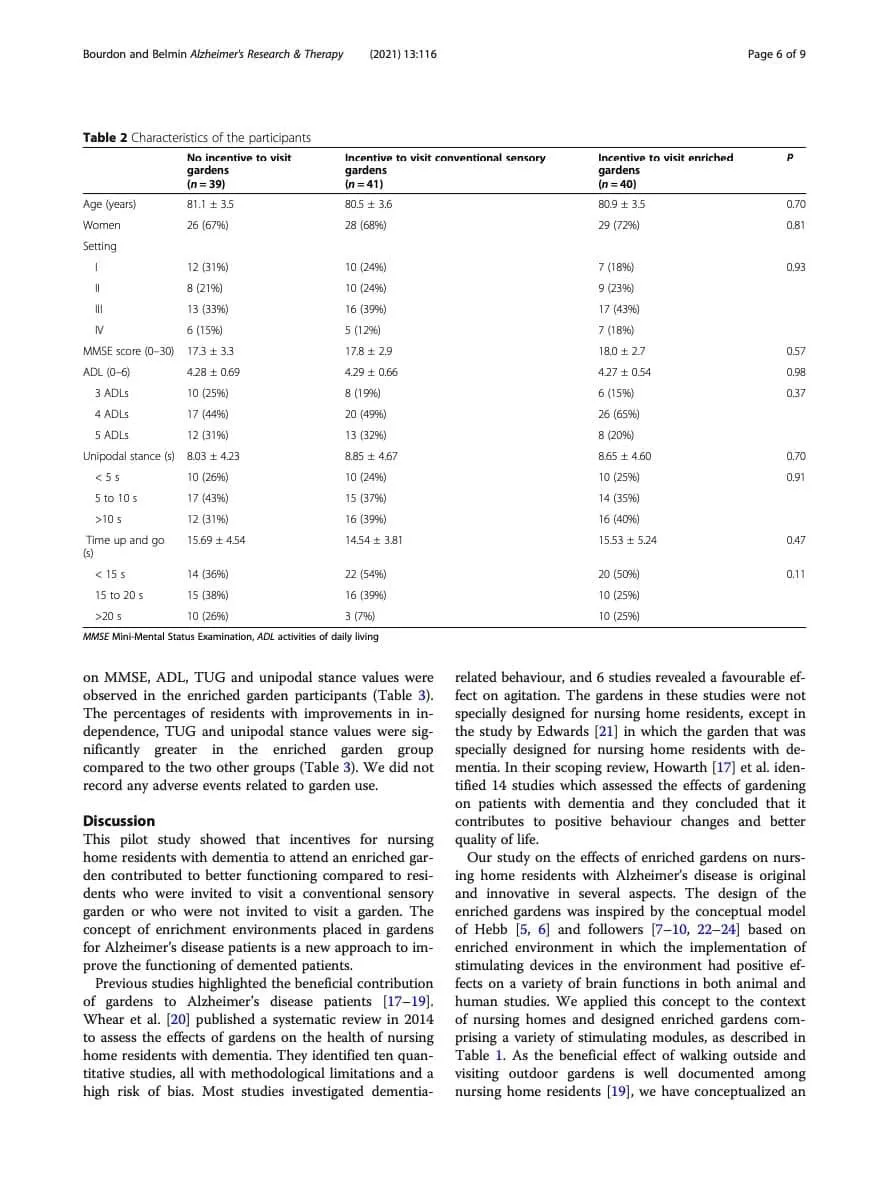
A study conducted with 120 nursing homes residents with dementia shows the benefits of enriched gardens on key health indicators such as cognitive function and mobility, compared to conventional sensory gardens and no visits to any garden.
The researchers used the Mini Mental State Examination (MMSE) to measure cognitive impairment and Independence for activities of daily living (ADL) and risk of falls (unipodal stance and timed up and go – (TUG)) were assessed at baseline and after 6 months.
2022
Sensory Enrichment Addiction Pilot
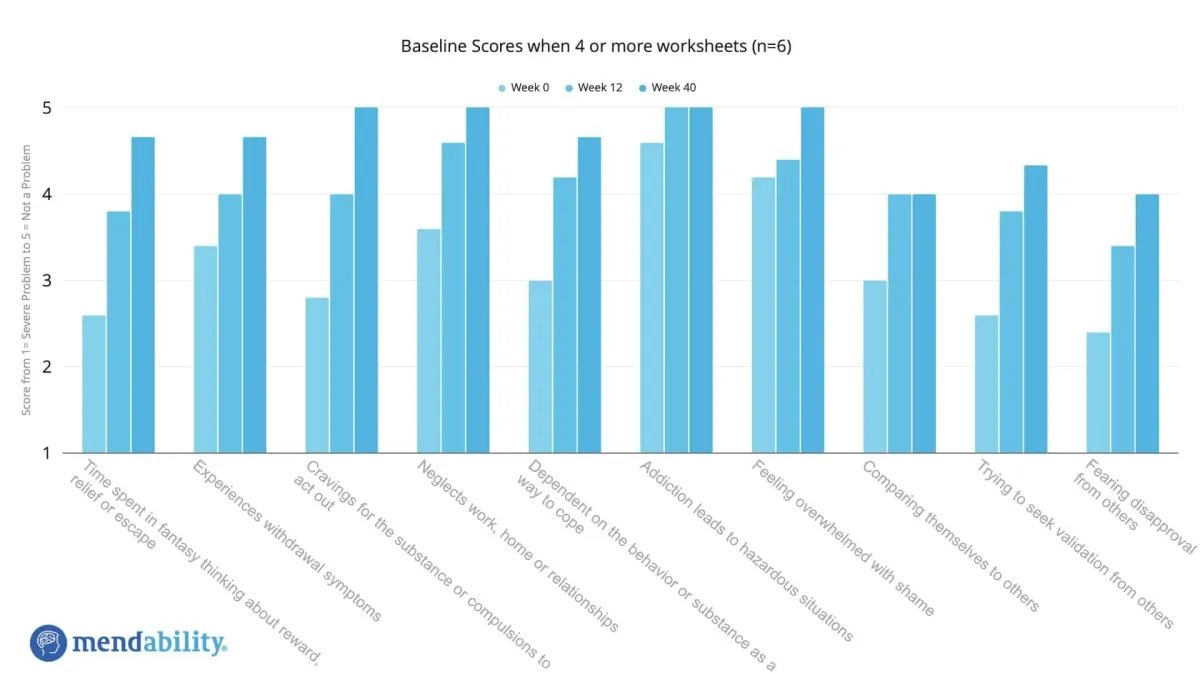
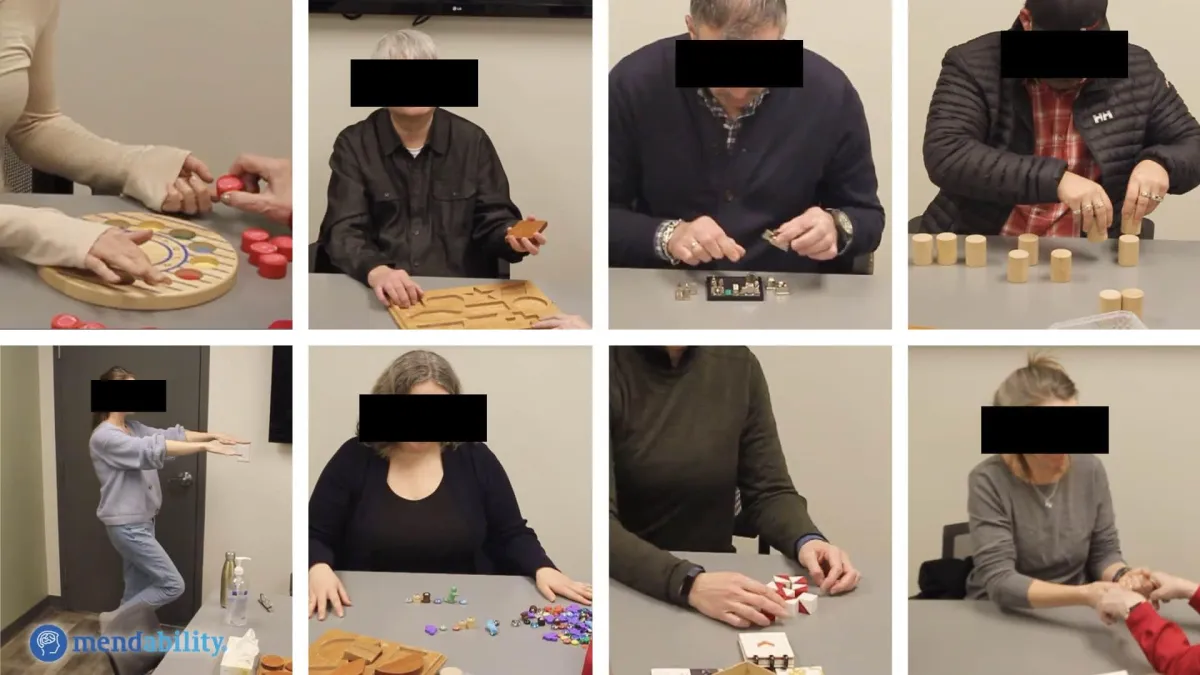
A 12-week Canadian pilot tested Sensory Enrichment Therapy for addiction recovery with 10 participants.
The high-participation group, actively using the protocols, showed significant and lasting improvements in cravings, shame, and coping, while the low-participation group saw minimal or negative changes.
TODAY
4,000+ happy families
60+ countries
300+ certified professionals
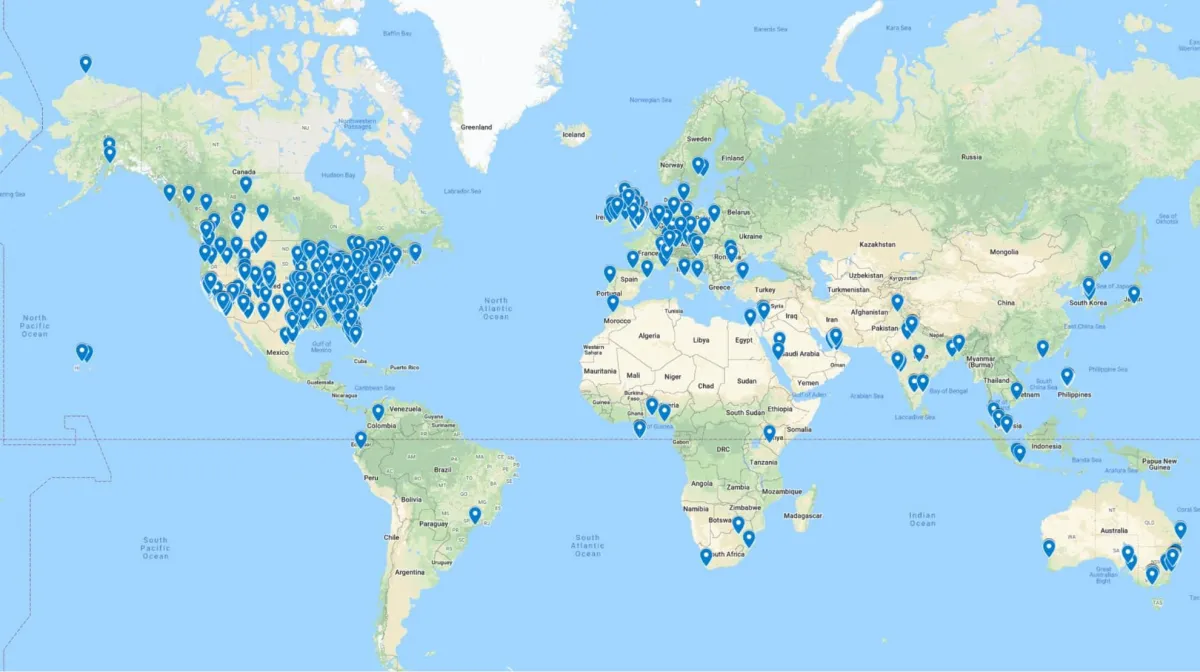
We are a small team, but we believe we can make the world a better place, one family at a time.
At Mendability we want to help everyone, especially when they are vulnerable, to feel happier, more comfortable in their own skin and more confident, so that they can be their true selves and we can all journey together through life more happily.
FUTURE
Machine learning, Daycare Centers, ADHD, Bipolar
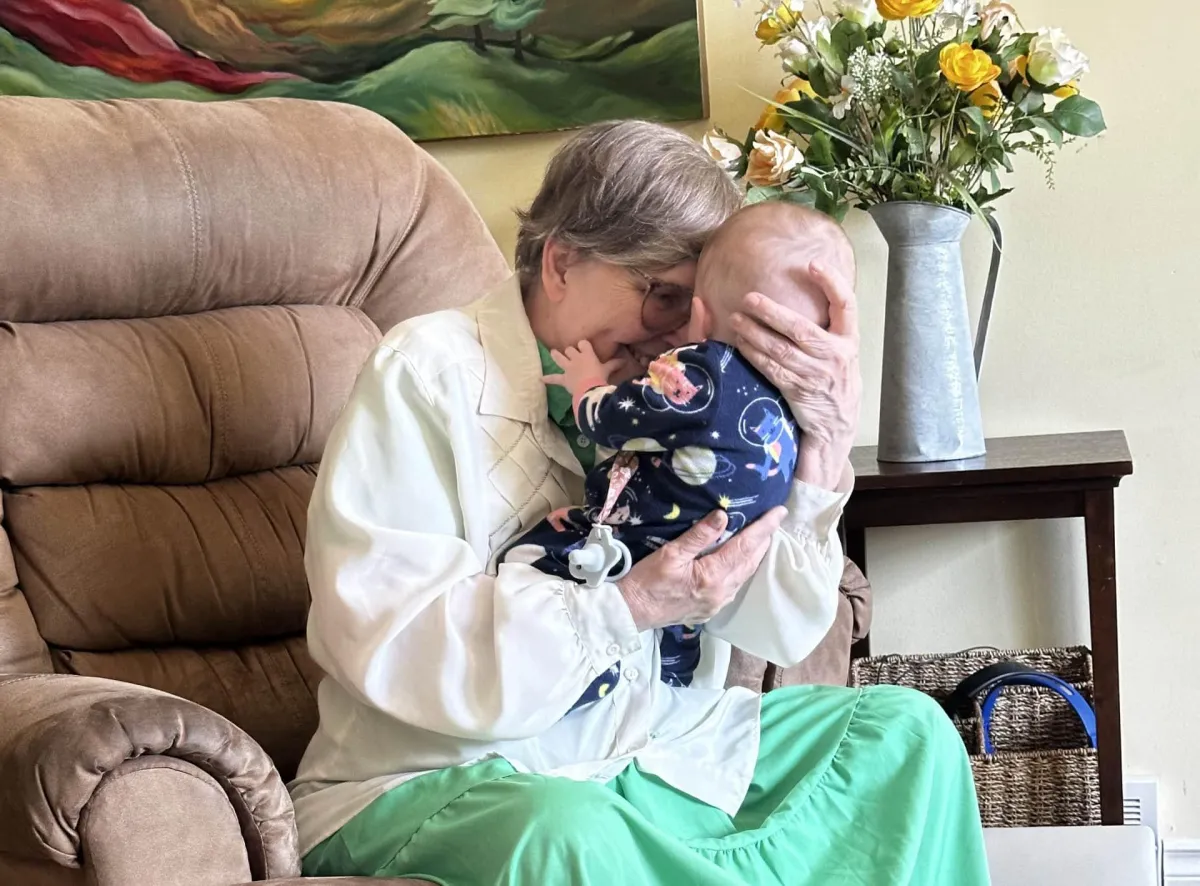
After 10+ years treating over 4,000 individuals with a variety of conditions, we have data to build the next generation, continuously learning expert system.
We are also working with partners to bring Sensory Enrichment Therapy into daycare centers, treat ADHD and Bipolar Disorder.
2011 - 2026 © Mendability - All Rights Reserved
